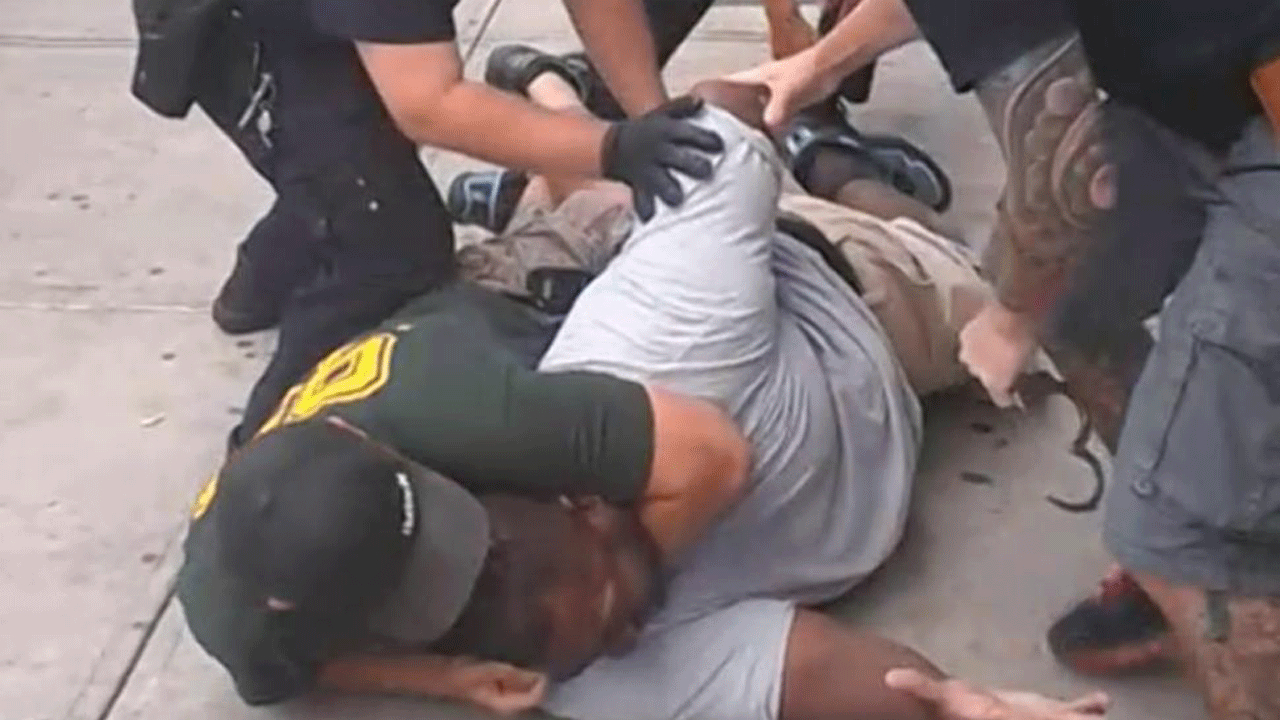The New York Civil Liberties Union will file an appeal of a Staten Island judge’s decision to not release the transcripts from the Eric Garner grand jury decision, according to a press release. Since December, the NYCLU has been asking for the release of the transcript of the proceedings and the instructions and evidence presented to the jury, excluding information that may identify jurors or witnesses.
Eric Garner, an unarmed black man who was arrested for selling loosie cigarettes, died after Officer Daniel Pantaleo put him in a prohibited chokehold last summer. A jury declined to charge Pantaleo in December. The NYCLU, the NAACP, the Public Advocate’s office and the Legal Aid Society, then pushed for the disclosure of the sealed jury documents.
But on March 19, Justice William E. Garnett decided that there was not a “compelling” or “particularized need” for public access to the records, and therefore the court had no obligation to release them. The New York Times reported on his decision:
The parties, Justice Garnett wrote in his conclusion, “merely ask for disclosure for distribution to the public.”
“This request is not a legally cognizable reason for disclosure,” he continued. “What would they use the minutes for? The only answer which the court heard was the possibility of effecting legislative change. That proffered need is purely speculative and does not satisfy the requirements of the law.”
The NYCLU is joined by the three other organizations in its appeal, and argues that disclosure “is necessary to remedy the blow to public confidence in the criminal justice system caused by the grand jury’s failure to hold any officer responsible for Mr. Garner’s death,” and to inform a debate between elected officials about both jury and police reform.
“The Garner controversy has provoked a debate about the need for Grand Jury reform. But discussions regarding the need for reform are proceeding without any real understanding of how and why the Grand Jury reached its decision,” said NYCLU Legal Director Arthur Eisenberg in a press release announcing the appeal. “This absence of public information can and should be corrected. In a democracy, decisions about the need and nature of reform should rest upon a fully informed discussion by the electorate and its representatives. To provide for that reasoned decision making, the general presumption in favor of Grand Jury secrecy should yield to transparency in this case.”


